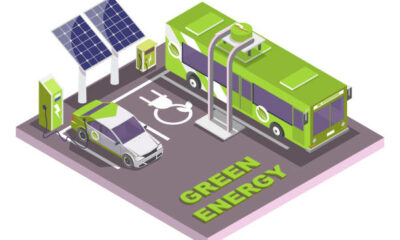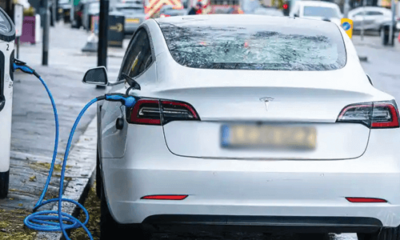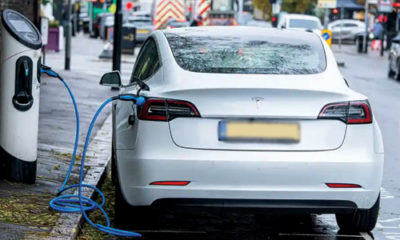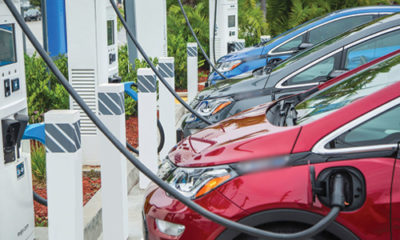News
Drive an EV to reduce your carbon footprint


Source: https://www.energybite.co.in/blog-post/drive-an-ev-to-reduce-your-carbon-footprint/
“Vehicles run on fossil fuels are one of the major contributors to adding carbon footprints in the atmosphere. As part of the global efforts to reduce CO2 emissions, people are increasingly choosing EVs which, besides being environment-friendly, are much more efficient than ICE vehicles. We can all do our bit towards saving the planet by switching to an electric vehicle for our day-to-day mobility.”


Carbon footprint, as officially defined by the World Health Organisation, is a measure of the impact your activities have on the amount of carbon dioxide produced through the burning of fossil fuels. Looking at it another way, carbon footprints signify the contribution of an individual or an entity towards global warming.
Climate change, deforestation, overgrazing, fisheries collapse, food insecurity, and rapid extinction of species are all part of a single, overarching problem: excessive usage of fossil fuels and resources which emit harmful greenhouse gases.
- With an emission of 4.6 metric tonnes of carbon dioxide per year, cars running on fossil fuel are considered to be one of the major contributors to climate change.
- Switching to electric vehicles is one guaranteed solution to reducing carbon footprints and, thereby, mitigating any further damage to the environment.
- Countries that use more renewable energy tend to have much lower carbon footprints as compared to the countries where non-renewable sources of energy are used.
- Since vehicular mobility is an essential part of modern-day living, we need to make efforts to reduce the detrimental effects of driving on the environment.
With an emission of 4.6 metric tonnes of carbon dioxide per year, cars running on fossil fuel are considered to be one of the major contributors to climate change. This means that an average car running on diesel and petrol, and giving a mileage of around 10 km per liter, emits about 3 kg of greenhouse gas per liter. Cars, along with motorcycles and trucks, account for nearly one-fifth of the total C02 emissions.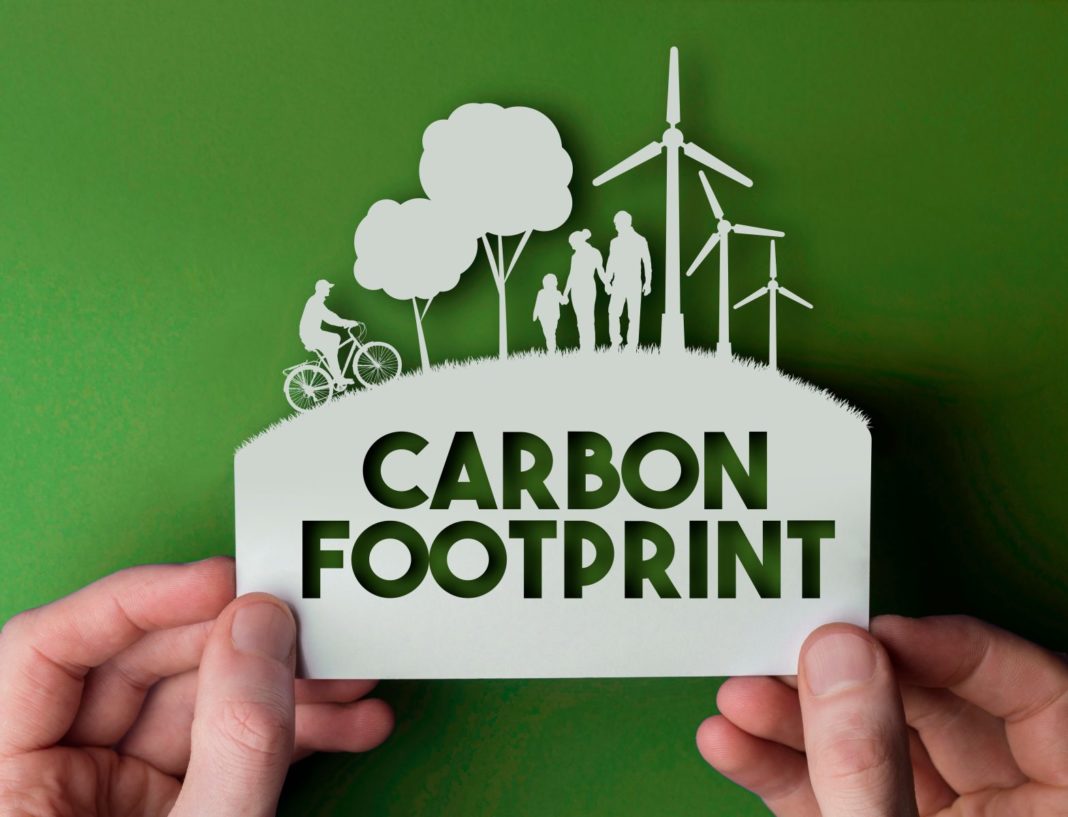

This is what makes the push towards electric mobility the pressing need of the hour. Switching to electric vehicles is one guaranteed solution to reducing carbon footprints and, thereby, mitigating any further damage to the environment According to various studies, electric vehicles have much lower lifetime climate impacts than those run on internal combustion engines (ICE).
Emissions from vehicles are calculated from two sources – Direct Emissions are emitted through the tailpipe, through evaporation from the fuel system, and during the fuelling process while Lifecycle Emissions include all emissions related to fuel and vehicle production, processing, distribution, use, and recycling/disposal.
EVs contribute zero direct emissions as opposed to conventional vehicles. Countries that use more renewable energy tend to have much lower carbon footprints as compared to the countries where non-renewable sources of energy are used. Hybrid and EVs use electricity as their fuel, thus, generating fewer emissions than petroleum-based vehicles. Electric cars are assumed to be as green as the electricity they are charged with, and hence they are a step ahead in protecting the environment.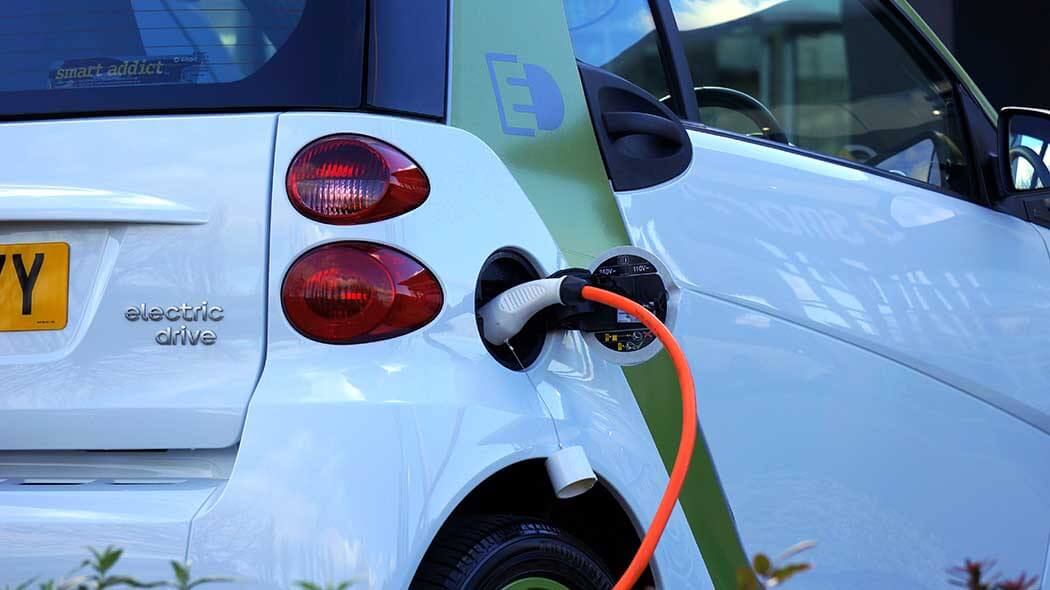

To extenuate threats to the planet, keeping a tab on individual carbon footprints and making informed decisions on sustainable ways of living are vital. Since vehicular mobility is an essential part of modern-day living, we need to make efforts to reduce the detrimental effects of driving on the environment. We must pick a vehicle that is least polluting, as also most efficient. Electric vehicles make us accomplish that goal successfully.
Give up your ICE-vehicle, go for an EV!
-



 Interviews4 weeks ago
Interviews4 weeks agoHigh Rental Yield, Price Appreciation, Stable Growth, Make Sydney an Ideal Realty Investment Option: Haansal Estate
-



 News3 weeks ago
News3 weeks agoManasum Senior Living Launches IKIGAI GOA, A Senior Living Community in North Goa, in collaboration with Prescon Homes
-



 News2 weeks ago
News2 weeks agoKW Delhi 6 Mall Onboards New Brands
-



 News1 week ago
News1 week agoGodrej Properties Sells Rs 3k cr+ Homes of Godrej Zenith, Gurugram, within 3 days
-



 News3 weeks ago
News3 weeks agoBridging India Divide: Top 5 Tier- 2 Cities to Focus On
-



 News2 weeks ago
News2 weeks agoCommercial Realty Gets Tech Savvy: Fast Construction, Enhanced Convenience
-



 News3 weeks ago
News3 weeks agoMultipoint Connection – A Definite Boon
-



 News2 weeks ago
News2 weeks agoRBI’s Status Quo on Key Policy Rates to Help Maintain the Real Estate Growth Momentum, Say Industry Stalwarts







